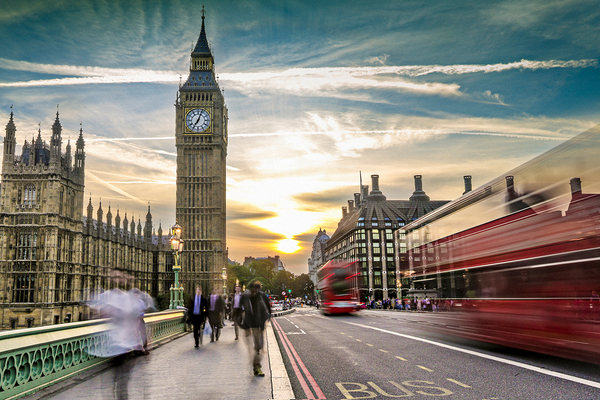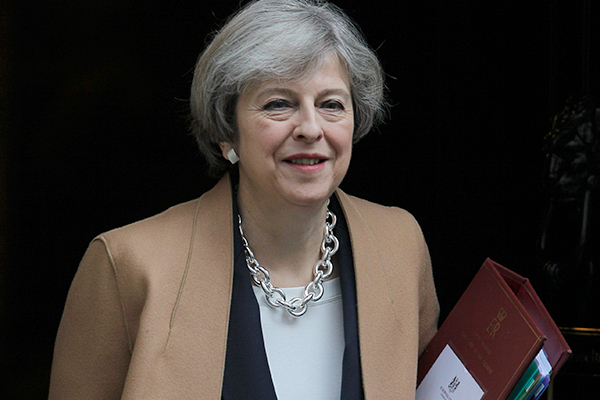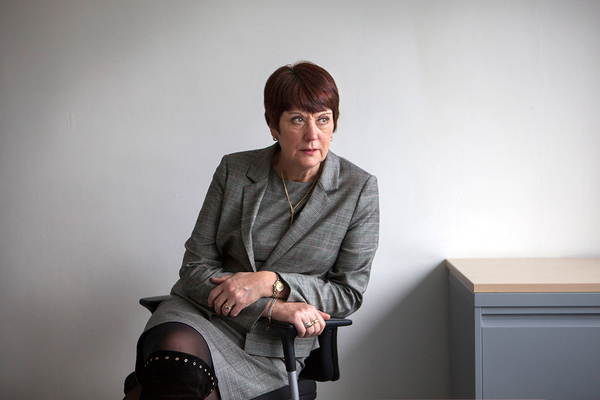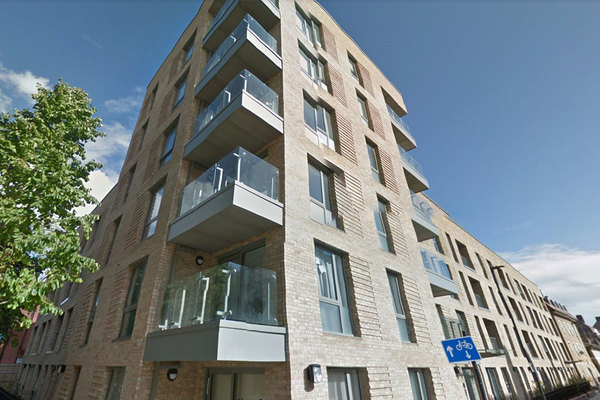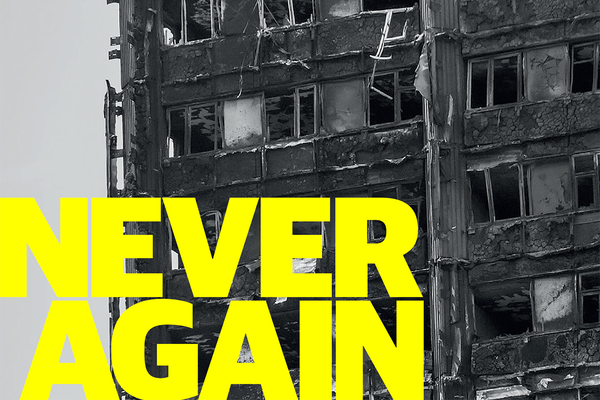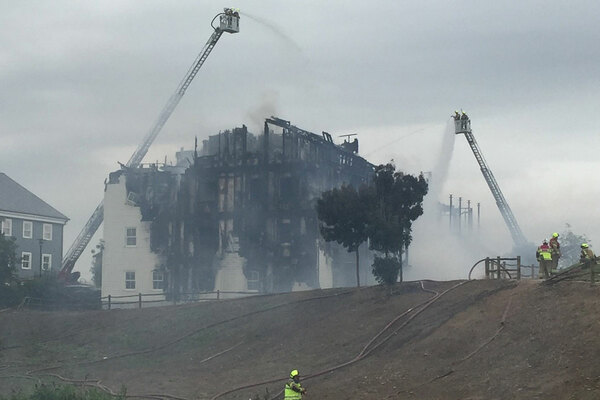You are viewing 1 of your 1 free articles
Sector welcomes government cladding grant but calls for leaseholder action
Major housing bodies have welcomed the prime minister’s announcement that the government will fully fund the removal of dangerous cladding from their buildings.
But a number of membership bodies called on the government to similarly help leaseholders in private tower blocks with cladding that has failed fire safety tests.
A London Councils spokesperson said: “We welcome prime minister Theresa May’s commitment to fully funding the cost of urgent remedial work to remove cladding undertaken by the social housing sector after the Grenfell Tower fire.
“Ensuring all Londoners are safe and feel safe in their homes is of paramount importance. We look forward to building on this commitment with government to ensure people living in all tenures and types of accommodation in London are safe.”
David Orr, chief executive of the National Housing Federation, said: “The government are right to take responsibility and fund this work.
“Over the last year housing associations have been doing everything in their power to remove dangerous cladding from buildings as quickly as possible, even though this has often come at a huge cost to these not-for-profit organisations.
"Safety is always the primary concern of housing associations, so this unexpected work has meant money has been directed away from other key projects for their tenants. We have been seeking support from government so it is very welcome news that they will fully fund the removal and replacement of dangerous cladding.
“We look forward to hearing more detail about how the fund will work.”
Lord Porter, chair of Local Government Association, said: “While the priority for councils has been getting on with what they need to do to ensure people are safe in their homes following the Grenfell Tower tragedy, the LGA has been involved in public and private conversations with the government about the financial implications.
“It is great that the government has honoured its commitment from last summer to meet the unexpected exceptional costs for councils arising from major remedial fire safety work on high-rise buildings.”
Nigel Glen, chief executive at Association of Residential Managing Agents, said: “We are delighted that the government has agreed to pay for the cost of replacement cladding in social and affordable housing tower blocks, and we believe the same ruling should apply to private sector blocks where leaseholders are faced with bills of tens of thousands of pounds. This is a position we have been pushing ever since the tragic events at Grenfell and we are keen to explore this further with the minister of state for housing.”
Gavin Smart, deputy chief executive of the Chartered Institute of Housing, said the grant will mean that social landlords “will be able to carry out vital safety work without undermining their existing repairs and maintenance programmes or their work to build new homes. We look forward to seeing more detail on how the funding will be allocated.”
Plymouth Community Homes recently told Inside Housing it would have to eat into its capital budget to fund the cladding work, which it estimated to cost £14m.
Never Again campaign
In the days following the Grenfell Tower fire on 14 June 2017, Inside Housing launched the Never Again campaign to call for immediate action to implement the learning from the Lakanal House fire, and a commitment to act – without delay – on learning from the Grenfell Tower tragedy as it becomes available.
One year on, we have extended the campaign asks in the light of information that has emerged since.
Here are our updated asks:
GOVERNMENT
- Act on the recommendations from Dame Judith Hackitt’s review of building regulations to tower blocks of 18m and higher. Commit to producing a timetable for implementation by autumn 2018, setting out how recommendations that don’t require legislative change can be taken forward without delay
- Follow through on commitments to fully ban combustible materials on high-rise buildings
- Unequivocally ban desktop studies
- Review recommendations and advice given to ministers after the Lakanal House fire and implement necessary changes
- Publish details of all tower blocks with dangerous cladding, insulation and/or external panels and commit to a timeline for remedial works. Provide necessary guidance to landlords to ensure that removal work can begin on all affected private and social residential blocks by the end of 2018. Complete quarterly follow-up checks to ensure that remedial work is completed to the required standard. Checks should not cease until all work is completed.
- Stand by the prime minister’s commitment to fully fund the removal of dangerous cladding
- Fund the retrofitting of sprinkler systems in all tower blocks across the UK (except where there are specific structural reasons not to do so)
- Explore options for requiring remedial works on affected private sector residential tower blocks
LOCAL GOVERNMENT
- Take immediate action to identify privately owned residential tower blocks so that cladding and external panels can be checked
LANDLORDS
- Publish details of the combinations of insulations and cladding materials for all high rise blocks
- Commit to ensuring that removal work begins on all blocks with dangerous materials by the end of 2018 upon receipt of guidance from government
- Publish current fire risk assessments for all high rise blocks (the Information Commissioner has required councils to publish and recommended that housing associations should do the same). Work with peers to share learning from assessments and improve and clarify the risk assessment model.
- Commit to renewing assessments annually and after major repair or cladding work is carried out. Ensure assessments consider the external features of blocks. Always use an appropriate, qualified expert to conduct assessments.
- Review and update evacuation policies and ‘stay put’ advice in the light of risk assessments, and communicate clearly to residents
- Adopt Dame Judith Hackitt’s recommended approach for listening to and addressing tenants’ concerns, with immediate effect
CURRENT SIGNATORIES:
- Chartered Institute of Housing
- G15
- National Federation of ALMOs
- National Housing Federation
- Placeshapers
